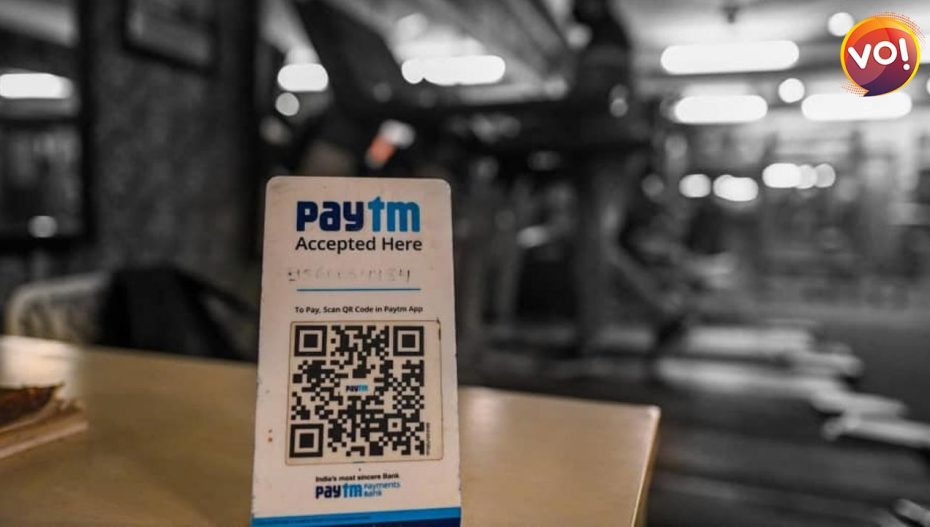The Reserve Bank of India (RBI) has set February 29 deadline for Paytm Payments Bank to accept fresh deposits in its accounts or popular wallets.
Thus, Paytm Payments Bank will not be able to take fresh deposits, facilitate credit transactions, or offer fund transfers, including Unified Payments Interface (UPI) facility after February 29.
No further deposits or credit transactions or top ups shall be allowed in any customer accounts, prepaid instruments, wallets, FASTags, NCMC cards, etc. after February 29, 2024, other than any interest, cashbacks, or refunds which may be credited anytime,” Yogesh Dayal, a chief general manager with the central bank, said in a press statement.
Withdrawal or utilisation of balances by its customers from their accounts including savings bank accounts, current accounts, prepaid instruments, FASTags, National Common Mobility Cards, etc. are to be permitted without any restrictions, up to their available balance, the statement added.
The RBI said it had in March 2022 asked the Paytm Payments Bank to stop adding new customers.
However, a Comprehensive System Audit report and subsequent compliance validation report of the external auditors revealed persistent non-compliances and continued material supervisory concerns in the bank, warranting further supervisory action, the RBI said, without disclosing details.
“We now will accelerate the plans and completely move to other bank partners. Going forward, OCL will be working only with other banks, and not with Paytm Payments Bank Limited. The next phase of OCL’s journey is to continue to expand its payments and financial services business, only in partnerships with other banks,” an OCL statement read.
Paytm Payments Bank is an associate of One 97 Communications Limited (OCL).
Paytm said it expects a “worst case impact” of ₹ 300 crore to ₹ 500 crore to its annual earnings from RBI’s order.
However, the company said it expects to “continue on its trajectory” to improve its profitability.
Also Read: Jharkhand CM Hemant Soren Arrested By ED In Land Scam Case












